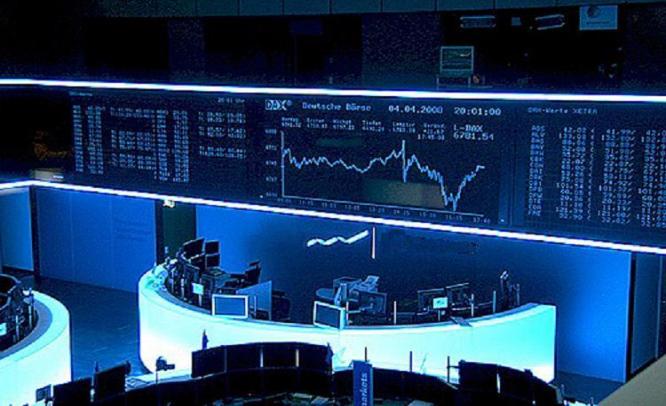Bonds, Equities, ETFs and Mutual funds have a wide range of risk profiles.
23rd July 2013
Before deciding to invest in a particular security, the prospective investor has to understand the risks, an investment advisor or financial planner can provide you with more information to determine your risk-tolerance level. Some investors rely on complex stochastics, smoothing techniques, linear weighted moving averages, Fibonacci numbers, these techniques are advanced and experts feel they cannot make a rational decision using these advanced financial techniques. Some of these techniques advice the investor to buy and another to sell, other to hold the stock and another says add to the trade. Some of the basic concepts which help you take rational decisions and make you a wise investor are explained in this article:
Risk: It is the possibility that you could lose some or all of your principal investment, or you could earn less from your returns from the investment than you expected. Lower risk investments include government bonds and securities which give you a fixed rate of return and carry a very low level of risk. At the higher end of the risk amplitude are investments such as futures and shares of junior venture companies. Bonds, equities, ETFs and mutual funds have a wide range of risk profiles.
Expected Return: It refers to the amount of interest, dividends or capital gains you expect from your investment, as explained earlier there is a direct correlation between expected return and risk, higher the expected return, greater the risk.
Marketability: It refers to whether you can sell or redeem your investment quickly or at the current market price. Term deposits are an example of illiquid investment, since you cannot withdraw before the end of the term unless you pay penalty for the same. Many other investments such as mutual funds or listed securities are very marketable as they can be quickly sold or redeemed on short notice and at low cost.
Setting Objectives: Before investing, each investor should think how each investment will affect his/her financial goals and decisions. Professional advisors and financial planners can give guidance on your knowledge on the financial markets, financial assets, and tolerance for risk, the amount of money you have to invest and your investment goals. Qualified financial planners consider their client’s goals, stage in life, personal circumstances and risk tolerance levels. They make recommendations for growing and preserving wealth, minimizing tax, estate planning and others.
Opening of an Account
There are two types of trading accounts:
Cash account: It is a basic account through which an investor can buy and sell securities. When an investor initiates a trade, the investor is expected to make full payment, on or before the settlement date, which is three business days after the transaction date.
Margin account: It utilizes a line of credit granted by the brokerage firm. Investors can leverage, the investment, using borrowed funds by paying only part of the investment up front, the balance being paid by the brokerage firm. In margin accounts, the shares are held by the broker as collateral for the loan. To trade derivative products such as equity, options, investors need a separate account.
There are two types of brokerage firms: Discount and Full Service. A discount broker charges less commission, but lends no investment advice to the clients; investors who are aware of the functioning of the stock market can choose discount brokers. Full Service brokers charge more commission, but provide investment advice best suited for their clients, analyze financial reports and publish research on companies. Commissions are usually charged on the basis of a percentage of the trade. Before placing an order, you have to make several decisions; you must chose which securities you want to purchase based upon your investment objectives, there are three categories of investment products or assets, equity investments, debt investments and cash equivalents.
Stock Analysis
Newspapers: The financial section of any newspaper will contain up to date information on most securities, information such as closing price, intraday high and low prices, interest and exchange rates are available on different securities including ETF’s, derivatives, equities, mutual funds etc.
Online Research: The internet is an invaluable tool for investors and offers a wealth of information on financial markets and personal investing. Investors need to be careful of cyber-frauds and misleading Ad’s and campaigns aimed at deceiving them, investors need to exercise incredulity on various campaigns by brokers.
Annual Reports: Annual reports highlight the financial wellness of a company; it is valuable sources of information that can help people make more informed decisions. An annual report will contain an overview of the business, financial highlights and a management discussion and analysis (MD &A).
Exchanges bring together buyers and sellers, the price that buyers are willing to pay for the shares is called the “bid” and the price sellers are willing to accept to sell their shares is called “ask” price. The difference between these two prices is called the “spread”. The spread is usually the fee charged by the exchange professionals who handle trades. Stocks which are traded heavily will have small spread due to high competition; on the other hand stocks which are traded in less numbers will have large spread in order to compensate the exchange professionals for the risk they take.
– See more at: http://www.internationalfinancemagazine.com/article/Investing-Concepts-in-Capital-Markets.html#sthash.9bDmi5jF.dpuf

